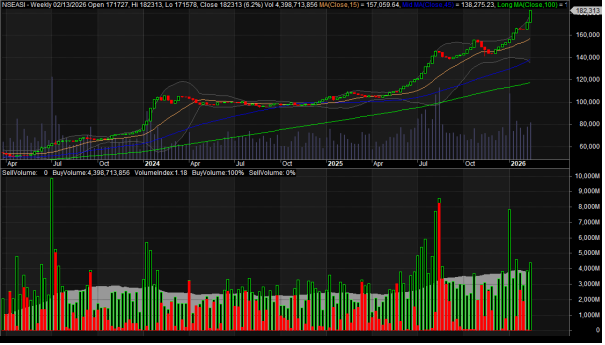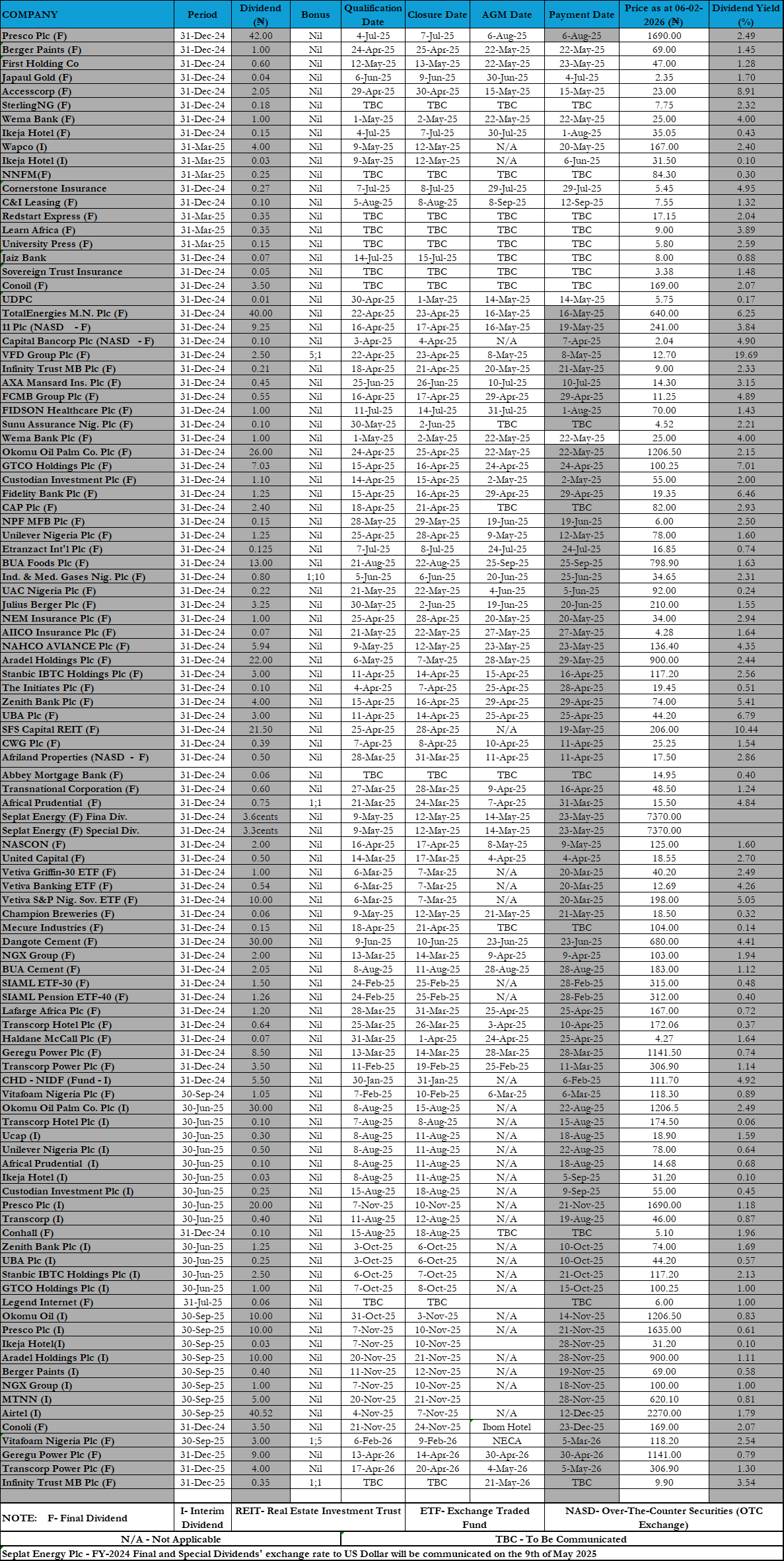
Akintunde Oyedokun
Research Analyst
Oil prices fell by about 2% Wednesday as sources said OPEC+ may increase output more quickly in June, raising concerns about internal disagreements. Brent ended at $66.12, and WTI at $62.27, after touching a monthly high earlier in the session.
Hints that President Trump could cut tariffs on Chinese imports helped limit the losses. Kazakhstan, despite exceeding its quota, affirmed its commitment to OPEC+ cooperation. U.S. data showing higher crude stocks but falling fuel inventories added some market support.
European Business Stalls As Services Slide, Trade Worries Mount
Economic growth in the euro zone and UK faltered in April, driven by a downturn in services and lingering manufacturing weakness. The euro zone’s composite PMI slipped to 50.1, with services falling below growth levels at 49.7. U.S. trade policy uncertainty heavily impacted business sentiment, now at its lowest since 2020. Germany’s and France’s private sectors contracted, while UK firms were hit by growing global trade tensions. Despite a slight manufacturing output rise in the euro zone, analysts warn future declines are likely. UK manufacturing slumped further, hitting a 20-month low.
UK Economy Struggles as Trade War Escalates, PMI Hits 20-Month Low
UK businesses faced growing pressure in April due to a worsening global trade war, with the S&P Global Composite PMI dropping to 48.2, signaling contraction. Export orders plunged, costs rose due to higher taxes and wage increases, and inflationary concerns persisted. Despite a surprise 0.5% growth in February, the economy is now contracting at a quarterly rate of 0.3%. With confidence plummeting, markets expect the Bank of England to cut interest rates in May. The manufacturing sector hit a 20-month low, while services dropped to a 27-month low.
South Africa’s Inflation Falls to 5-Year Low, Fueling Rate Cut Speculation
South Africa’s annual inflation dropped to 2.7% in March—its lowest since June 2020 and below the SARB’s 3–6% target—driven by lower fuel prices and modest tuition hikes. The fuel index fell 8.8%, while education fees rose 4.5%, down from 6.4% last year. Analysts say this may open the door for an interest rate cut in May, though the SARB remains cautious due to global trade tensions and currency risks.
Govt Earns More Than Shareholders From Nigerian Banks in 2024
In 2024, Nigeria’s top banks earned a combined N4.786 trillion in profit after tax—a 53% jump from 2023. Yet, while shareholders got N951.4 billion in dividends, the government took home N1.166 trillion in taxes, making it the biggest external beneficiary of bank performance.
Across banks like Zenith, GTCO, Access, and First Holdco, tax payments consistently outweighed shareholder returns. Despite strong profits, the government claimed a larger share of the value created than equity investors.








